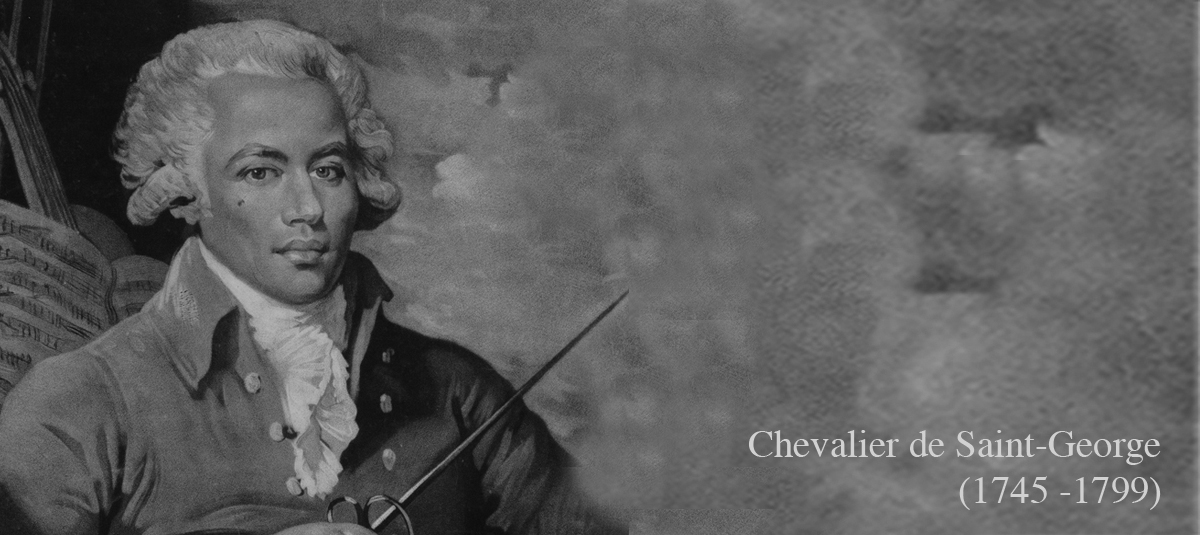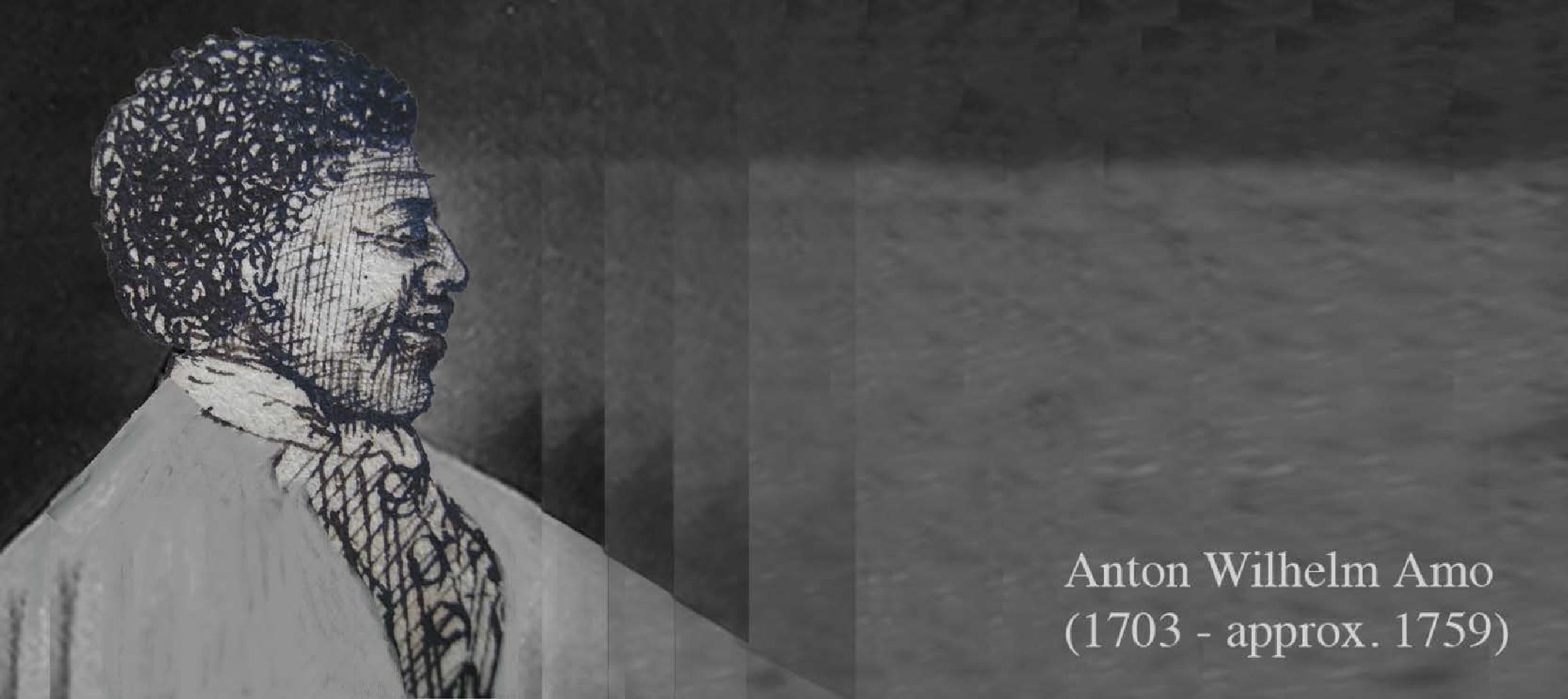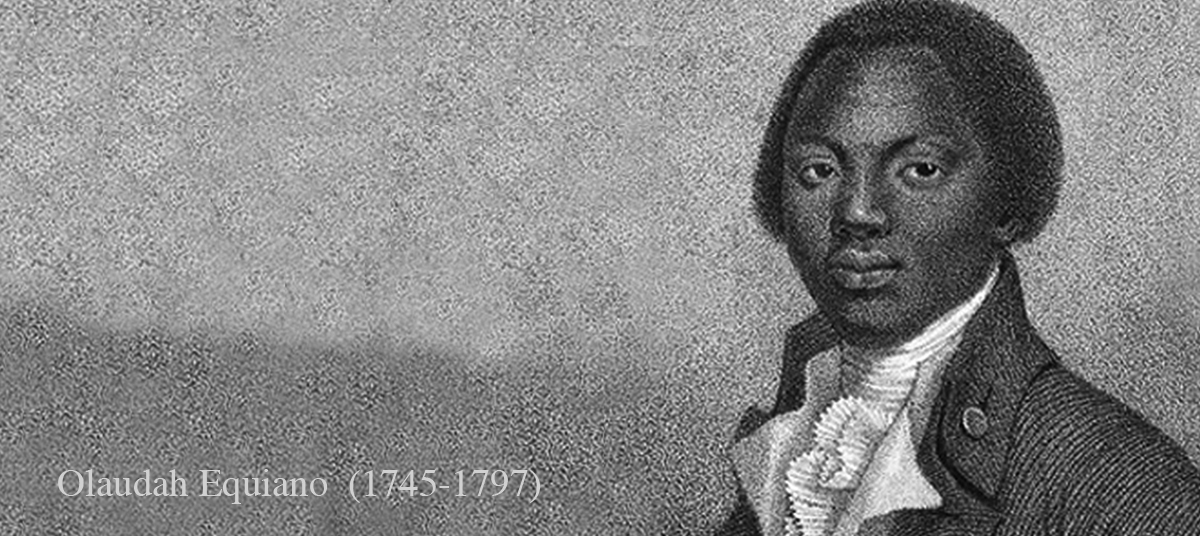
In many trick verses, he identifies the latest moral feeling due to the fact calm kinds of like and you may hatred
As soon as we consider our very own personality traits, pride and you can humility change love and you can hatred
The guy very first argues that there exists many different types of advantage, not all of which are types of benevolence-valuing man’s possessions liberties, remaining pledges, courageousness, and you can industriousness-because the Hutcheson handled. If we go along with Hume, however, continue Hutcheson’s idea of an ethical feel, we might need to believe that we have a variety of “original” sensory faculties, and that get rid us to approve of your form of various other virtues on their own. But the guy complains this is not only extremely far-fetched, and in addition resistant to the
typical basics, where nature is completed, in which a number of values create all of the range we observe within the the fresh new market. (T step three.step 1.dos.6/473)
In place of multiplying sensory faculties, you want to look for a few standard beliefs to explain our very own recognition of some other virtues.
The genuine state, although not, is that Hutcheson merely states-hypothesizes-that we features a different sort of, modern ethical feel. In the event that requested the reason we features a moral experience, their reply is that Goodness implanted it during the all of us. Although in the vital phase Hume freely borrows a lot of Hutcheson’s objections so you’re able to criticize ethical rationalism, their getting rejected of a god-provided ethical sense leaves your to the a radically more road out-of Hutcheson inside the constructive phase. One of the ways out-of insights Hume’s investment is to see it while the a make an effort to naturalize Hutcheson’s ethical experience idea. He will provide a completely naturalistic and you can cheaper explanation off exactly how we arrived at have the moral attitude which also teaches you why we approve of additional virtues. During the time of outlining new ethical thinking, Hutcheson’s idea of exclusive moral feel disappears away from Hume’s account away from morality.
eight.2 Sentimentalism: Constructive Phase
During the Treatise step three.3.step 1, Hume converts so you can his constructive activity of bringing an excellent naturalistic reasons of one’s moral attitude. The guy refers to her or him as ideas regarding recognition or disapproval, supplement otherwise blame, esteem otherwise http://www.datingmentor.org/sugar-daddies-canada contempt. Recognition is a type of pleasant otherwise compliant impact; disapproval a variety of boring or unpleasant feeling.
Hume’s endeavor are “to discover the genuine provider out-of morals, and of you to love otherwise hatred, and this appears” (T step 3.step three.1/575) once we remember our very own or any other mans characteristics and purposes. He lines the new moral thoughts so you’re able to empathy. Sympathy are an emotional system that explains how we started to feel what other people was effect. This is not by itself a feeling or belief thereby is always to not be mistaken for emotions away from compassion otherwise pity. Hume lures sympathy to explain many phenomena: all of our interest in record and you may current things, our very own capability to see literature, clips, and you may novels, along with all of our sociability. It’s main to help you his explanations of our own passions, our feeling of charm, and you can the feeling of what is ethically bad and the good.
Sympathy try a procedure that moves me personally regarding my personal concept of what anyone is perception to really that great feeling. Discover five actions compared to that techniques. I very first arrive at the thought of what anyone is perception in virtually any of your own common means. We 2nd notice the newest resemblances ranging from all of us, so we try linked because of the you to concept from organization. As we be like the individual to some extent, we and additionally end up like some individuals over others-as an example, those who share our very own words or culture or are the same years and you may intercourse as we was. The latest associative values out of contiguity and you will causality and additionally associate people that are observed directly to you with time otherwise area or whom try family relations or instructors. According to Hume, we can empathize easier and you will highly with folks which have who i’ve good associative ties. The fresh stronger this new associative interactions, the stronger our very own sympathetic answers. Hume after that states-controversially-that individuals have a stunning attention to our selves. Fundamentally, he reminds you that prices of connection not simply relate a couple attitudes, nonetheless and additionally transmit push and you may vivacity from impact in order to some other.


